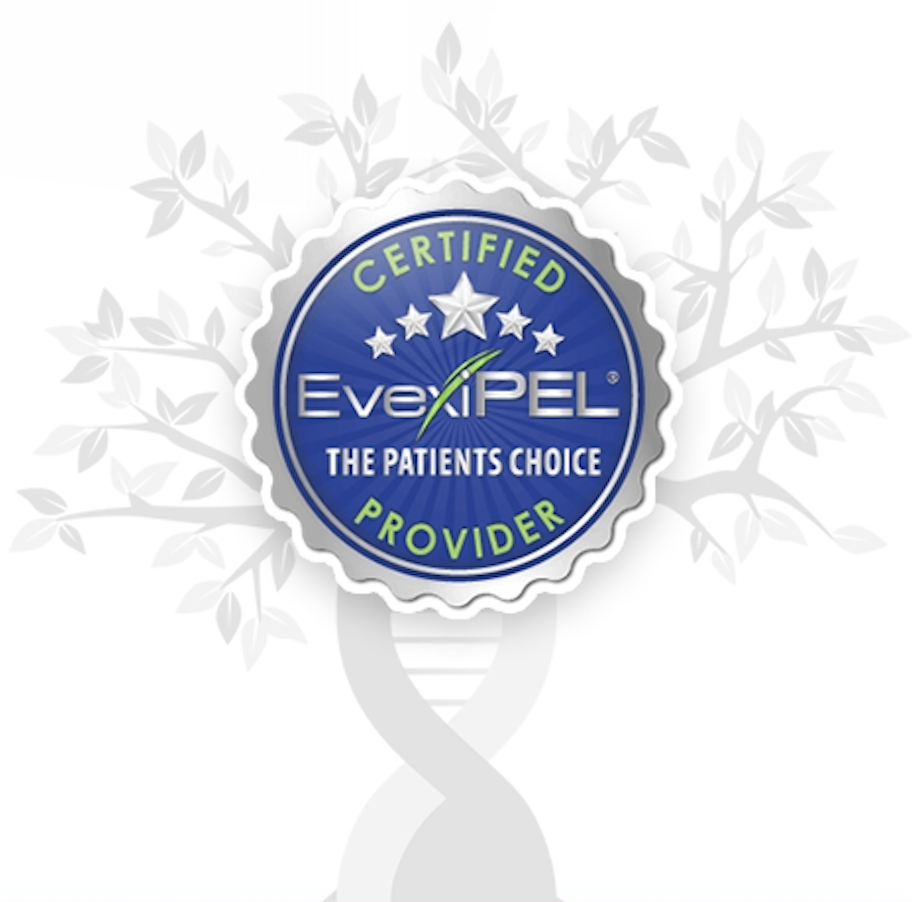

by
|
In a recent New York Times article, the author details her spiral into perimenopause. A stage in life of which she feels utterly unequipped to navigate, and yet when she reaches out to the experts to help, answers remain elusive. So, what should women be doing about perimenopause and menopause? And why are so many practitioners reluctant to prescribe what has overwhelmingly been proven to be an effective solution with added health benefits?
Nearly 75 percent of the global female population suffers from menopausal symptoms on any given day and, yet, it has remained a topic for dark, quiet corners whispered among close friends. After all, does any woman want to admit to the population at large that they sweat through the sheets each night, writhe in agony with vaginal dryness, or burst into tears because there were no good melons at the grocery store that day? Of course not. These events sound like the opening of a comedy or perhaps just someone who is having a really, really bad day.
But, what if, just what if that really, really bad day is something that she, she, she, her, and her, and her–and her, are all suffering from day after day, month after month for years on end?
The fact of the matter is that women are suffering. And many doctors aren’t eager to offer help. Why?
Susan Dominus of The New Your Times, writes that menopause and perimenopause both lack research. In her article, she meets with women’s healthcare experts that span a range of medical specialties and cites stories of women across that nation who have found ways to cope with menopause–sometimes without relief or medical support. For someone, the only help they get is preparing the people around them for what is happening.
The menopausal transition is not the same for every woman. This phase of life may be marked by a varied combination of symptoms and conditions. One woman may experience hot flashes, night sweats and sleep loss. Another woman might experience dry skin and an accelerated loss of bone density. Yet another woman may only be struggling with vaginal dryness and a decreased sex drive with occasional night sweats. The point is that the different types of experiences and the varying intensity of these experiences make it difficult to study and pinpoint exactly why it all happens and what to do about it.
The possible treatments for perimenopause and menopause, namely those that fall under hormone replacement therapy (HRT), have often been misrepresented and misunderstood by the masses. While the FDA approved the first drug for hormone therapy in 1942, a famous study known as theWomen’s Health Initiative (WHI), conducted in 2009, cast a long shadow over the safety of HRT for menopausal women. Unfortunately, that study focused heavily (almost exclusively) on women who were aged 60 or older. Recent studies have found that not only is HRT safer for younger women who are in the earliest stages of perimenopause, but it could also reduce the risk of serious health conditions like cardiovascular disease and osteoporosis. While some medical professionals have tried to correct the record about that WHI study, they haven’t been able to reach the same massive audience as the initial study..
For many women, perimenopausal and menopausal relief are the result of diligence, being a self-advocate, and darn good research. It shouldn’t be this hard.
That’s why there are practitioners that are taking action. Women suffering from symptoms of perimenopause and menopause can find a local practitioner that is highly-trained and certified in hormone replacement therapy as well as complementary integrative therapies to restore health, vitality, and relieve symptoms.
Medicine is evolving–but it is happening outside of medical school. Certain practitioners are saying, “I want to do more for my patients. I became a doctor to heal, not just manage disease.” These practitioners are leading a transformation that will help more women find the relief they so desperately need, but also helping the nation at large embrace a preventive approach to healthcare that promotes a longer life that is full and rich in vitality.
The post Unsaid: What Your Doctor Isn’t Telling You About Menopause appeared first on EVEXIAS Health Solutions.
